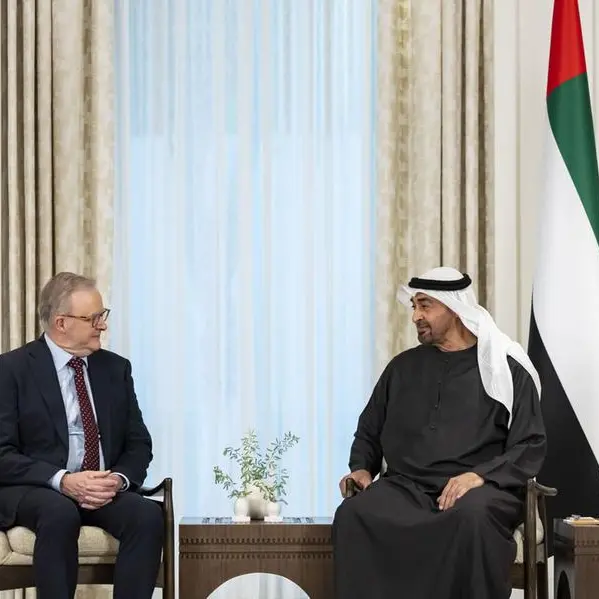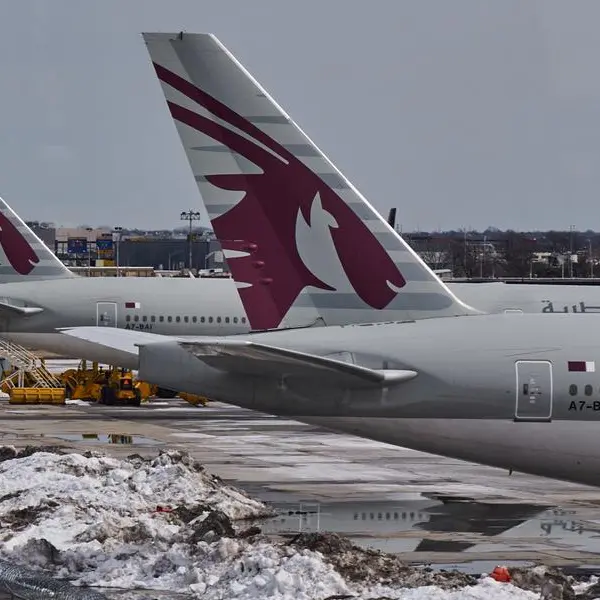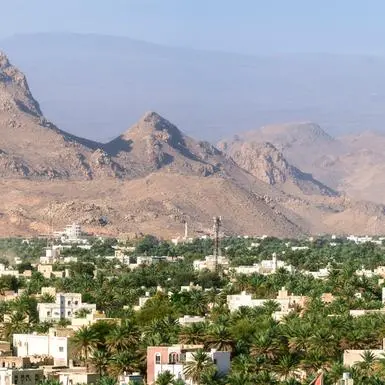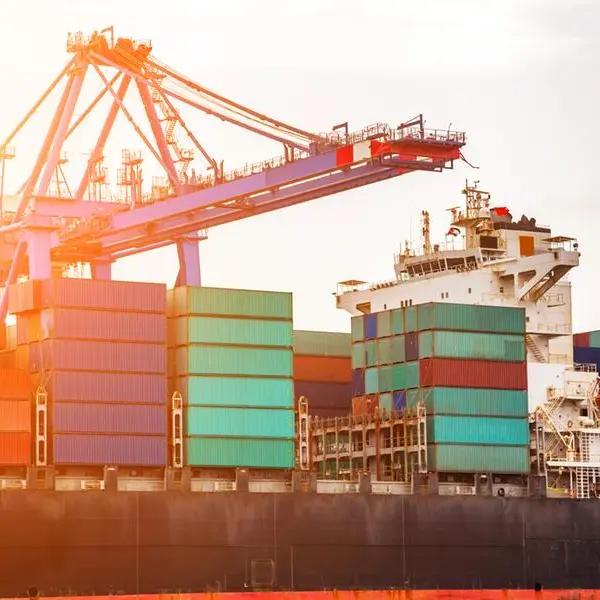PHOTO
The UAE and Saudi Arabia are expected to experience stronger economic growth, even as the ongoing Israel-Iran conflict introduces an element of uncertainty in the region, according to an analysis released on Friday.
“The UAE’s economy is set to maintain its strong growth momentum, driven by rising oil output and robust activity in the non-oil sector, which is being supported by a loose fiscal stance,” said James Swanston, MENA economist at Capital Economics.
In early June, Saudi Arabia urged OPEC+ to increase oil production, reversing voluntary cuts that had been in place over the past five years to support prices.
Swanston noted that while the kingdom’s higher oil output will likely boost GDP growth, it may also “mask a slowdown in the non-oil sector as harsher fiscal consolidation measures take effect.”
Saudi Arabia’s non-oil GDP has averaged around 7% in recent years.
The report added that higher oil output and prices could accelerate GDP growth across Gulf economies. However, for oil-importing countries in the MENA region, such as Jordan and several North African nations, an escalation in the conflict and a further spike in oil prices could strain their balance of payments.
Oil prices have surged by more than $10 over the past week due to heightened geopolitical risks. In addition, any military intervention by the US could push crude prices higher.
(Writing by Brinda Darasha; editing by Daniel Luiz)





















